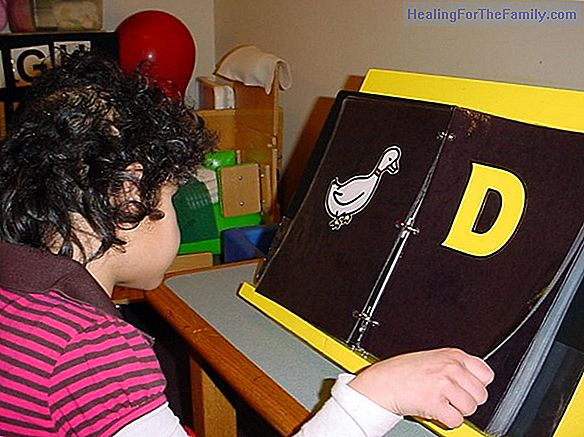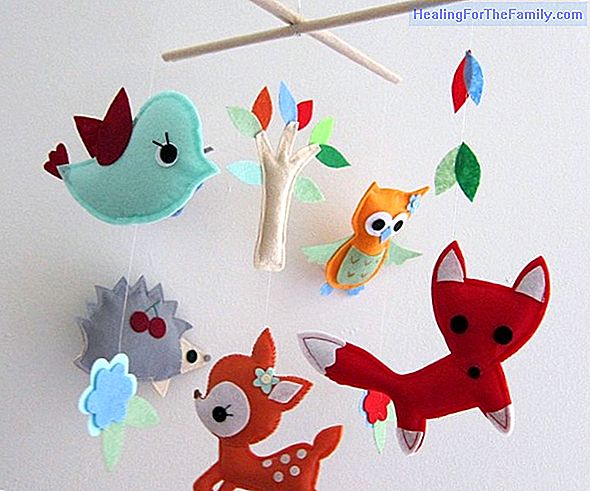The 6-month breastfeeding crisis
The breastfeeding crisis is also known as a growth outbreak . It is a punctual moment throughout the period of breastfeeding in which the baby changes the behavior change while breast: either gets angry, gets nervous or even cries when offered to eat, or you can also throw practically 24 hours of th
The breastfeeding crisis is also known as a growth outbreak. It is a punctual moment throughout the period of breastfeeding in which the baby changes the behavior change while breast: either gets angry, gets nervous or even cries when offered to eat, or you can also throw practically 24 hours of the day hooked to the breast of the mother, as if never satiated.
Up to four breastfeeding crises can occur during breastfeeding . The last one seems at 6 months, and many mothers confuse it with the beginning of the weaning of the baby.Causes of the breastfeeding crisis in babies
A breastfeeding crisis can occur for two reasons:

1.
Maturation of the baby. 2.
Need to increase milk production (we already know that the most effective way to do it is the suckling of the baby, that is, the more breast the more milk the mother will produce and vice versa). These moments can make the mother question if she is doing well, if her baby goes hungry, if she does not have enough milk ... It is important the support of a professional if you have doubts.
Breastfeeding crises usually obey the rule of 3-6:
appear at 3 and 6 weeks of life, and then at 3 and 6 months . Although babies are not watches, and they are approximate dates. And of course, depending on the baby's temperament, they do not have to behave all the same. And of course, our child's anomalous behavior does not always respond to something physiological like the breastfeeding crisis, he may have some pain ... That is why we recommend when faced with the doubt to go to the midwife or the pediatrician to rule out a medical problem if the Baby crying is maintained for several days.How is the 6-month breastfeeding crisis?
This crisis usually marks a big turning point if we misinterpret it. Usually coincides with the introduction of complementary feeding. However, this crisis does not occur in all babies, or is not so obvious. Babies with a greater temperament may live longer.
When we introduce new foods to food, textures flavors, two things can happen: Nuestro - Our little one is fascinated by the novelty, and only wants the new food and in this way rejects the breast. If the mother offers it, she can get angry (even biting the mother, and if she has teeth cause a lot of pain, and injury).
- Or, there are babies who do not feel any interest towards the new, and prefer the breast of their mother.
What should the mother do when faced with the 6-month breastfeeding crisis?
We have to remember what the mother's attitude should be, so as not to fall into the error:
1.
Keep calm
in the face of anger or crying of the baby when we offer the breast. 2. The breast is always offered before complementary feeding (
until 12 months are lactating, and their diet should be primarily milk), and not vice versa. The tit should not be the dessert, but the main course. 3. Remember thatcrises are momentary
, and always happen. No 4. Do not interpret that your child with the purées, papillas or solids has their needs covered and therefore does not want more breast. It's just that the novelty makes her focus her attention on the new culinary experiences. You still need large amounts of milk.
5. Not all babies go through these crises.
6. Do not force your child to suckle, offer the breast. Keep a lot of contact with your child, so that he always sees it as an option.
7. Try to offer the breast half-asleep,or asleep if your child totally rejects the breast during the day. Find the maximum possible relaxation for both.
8. If you feel overwhelmed, distressed or have doubts go to breastfeeding groups, parenting, to the midwife. You are not alone , and what you live many other women have experienced.












